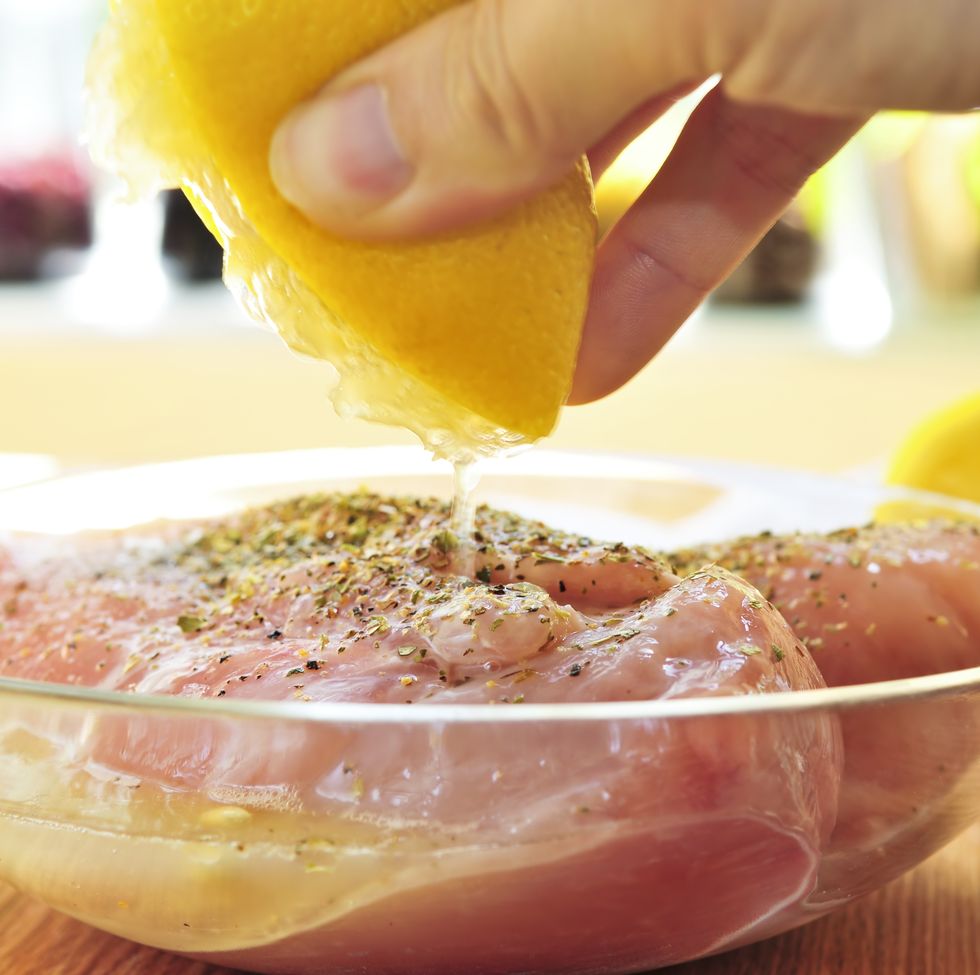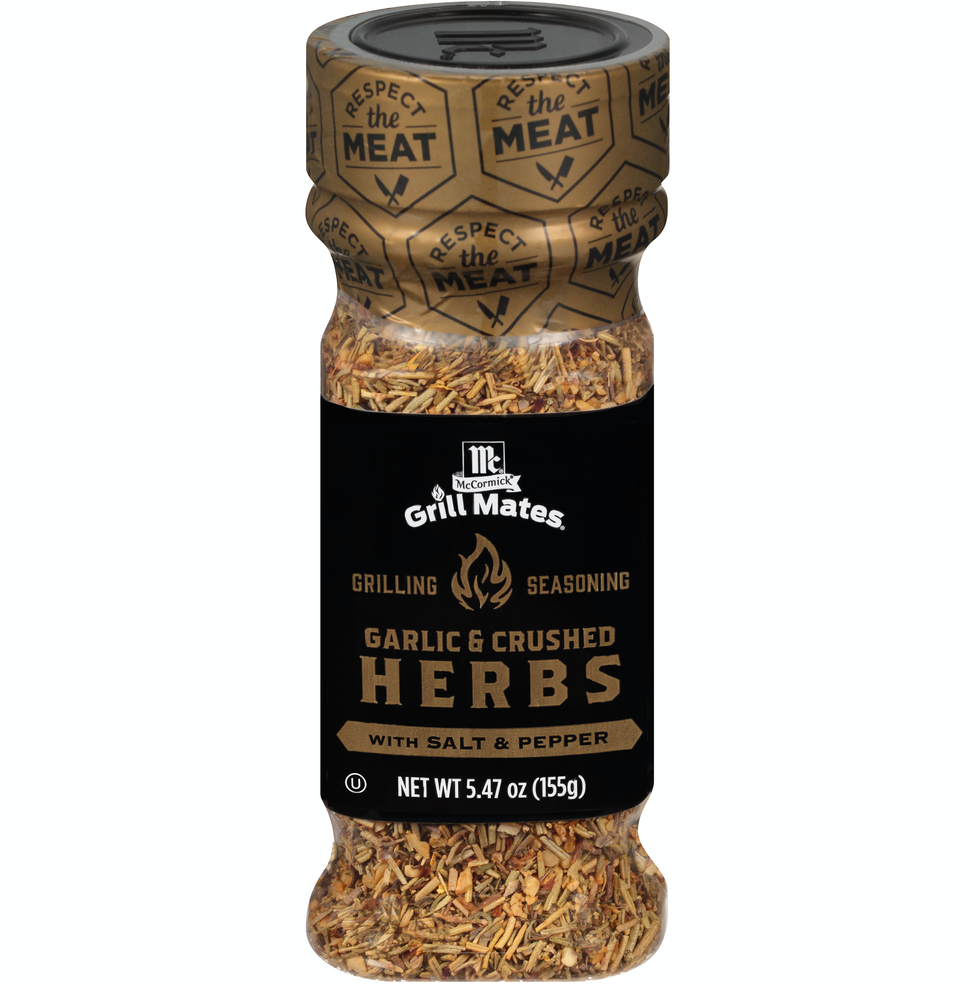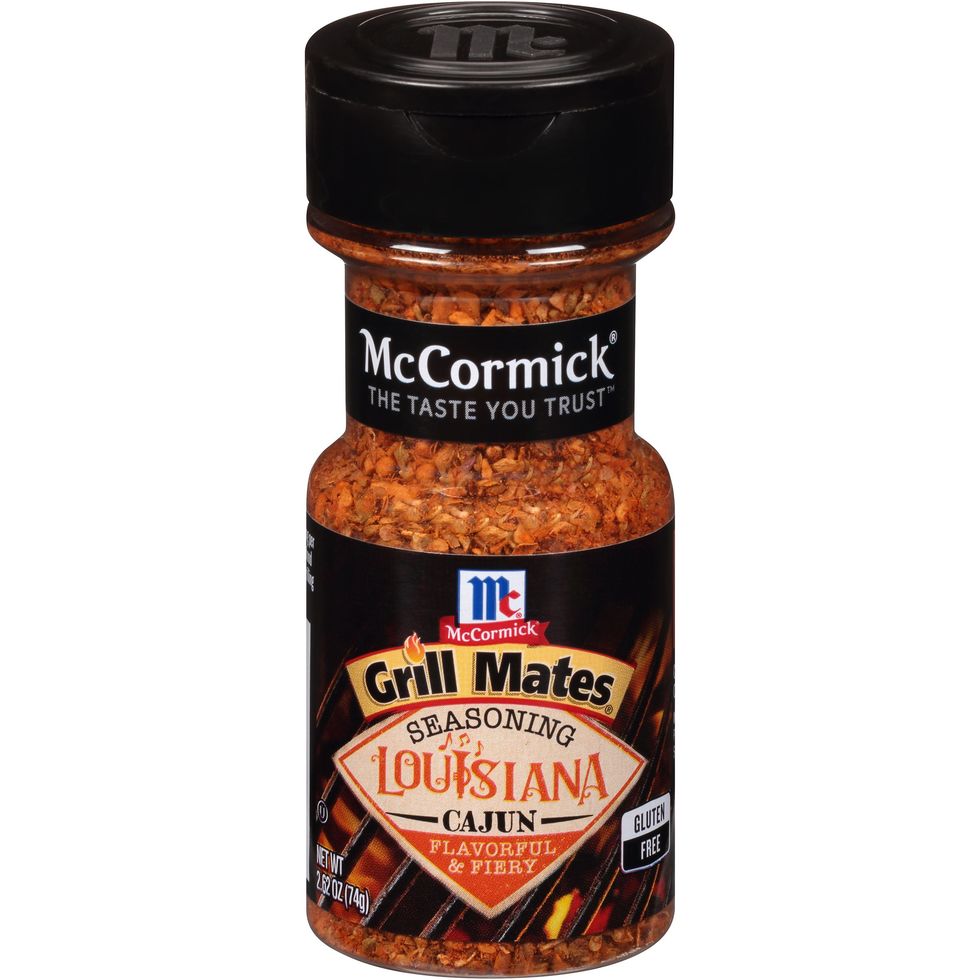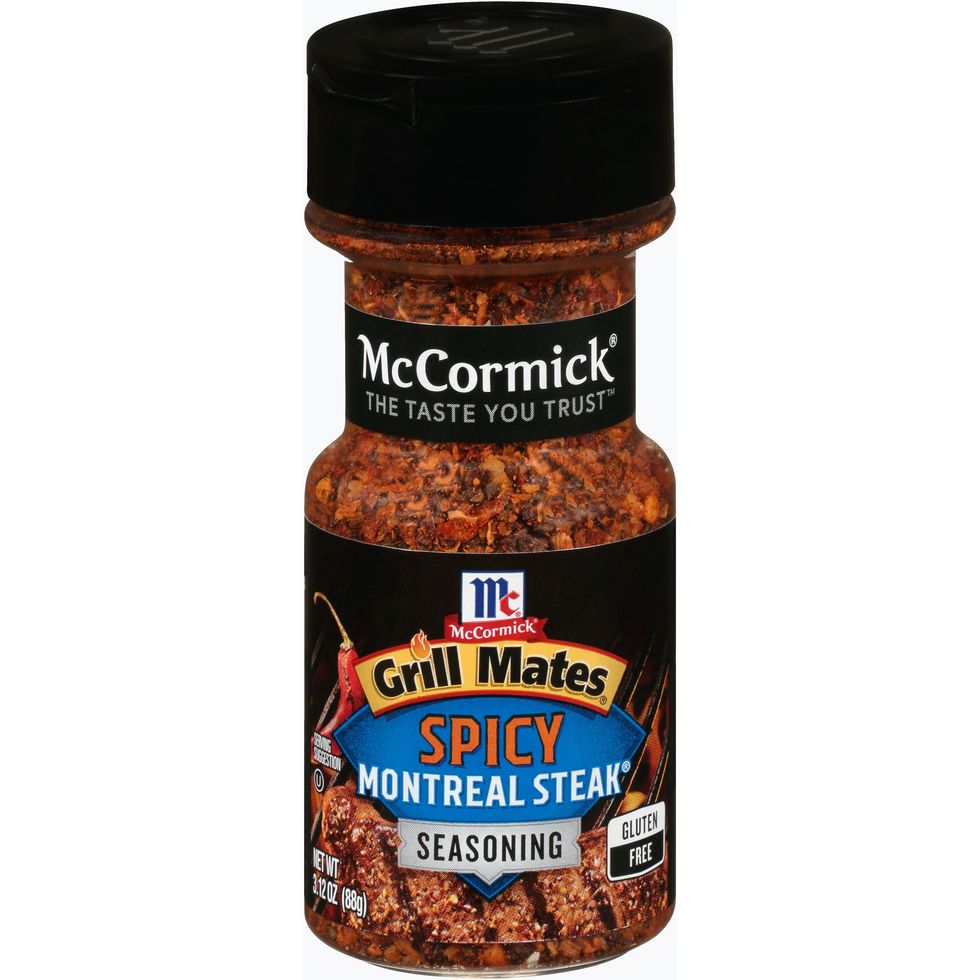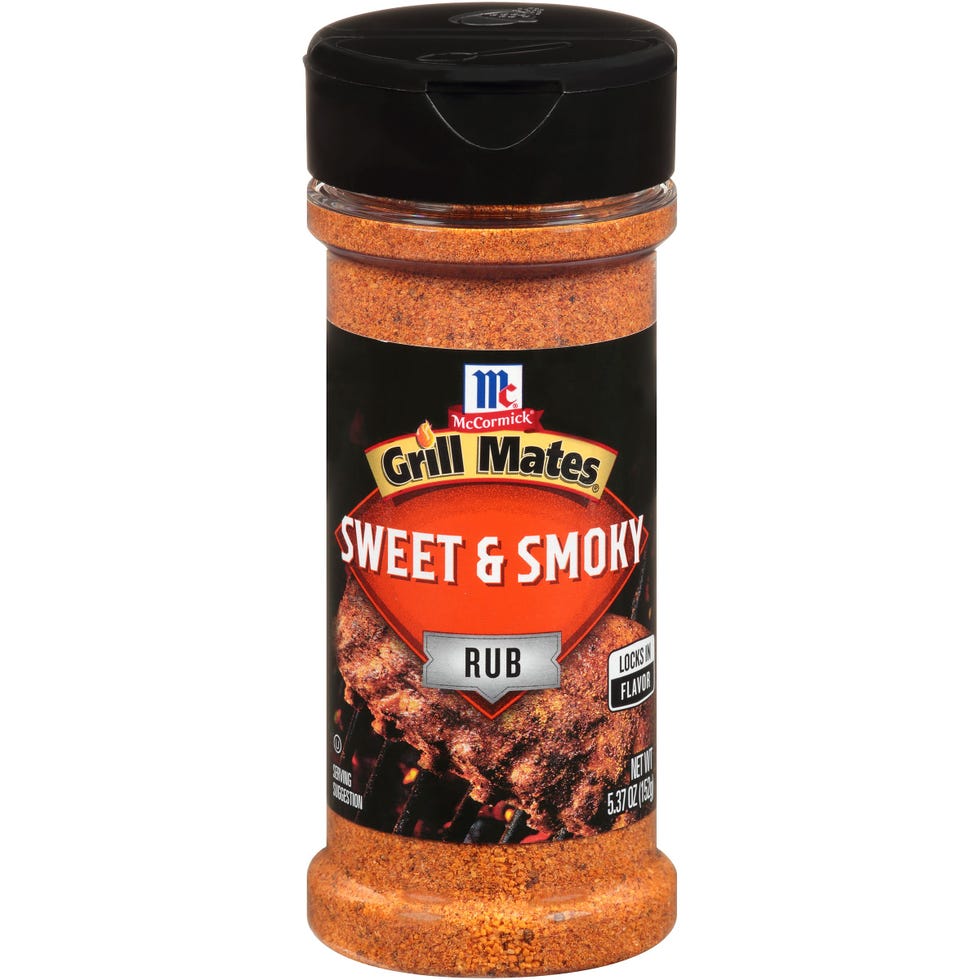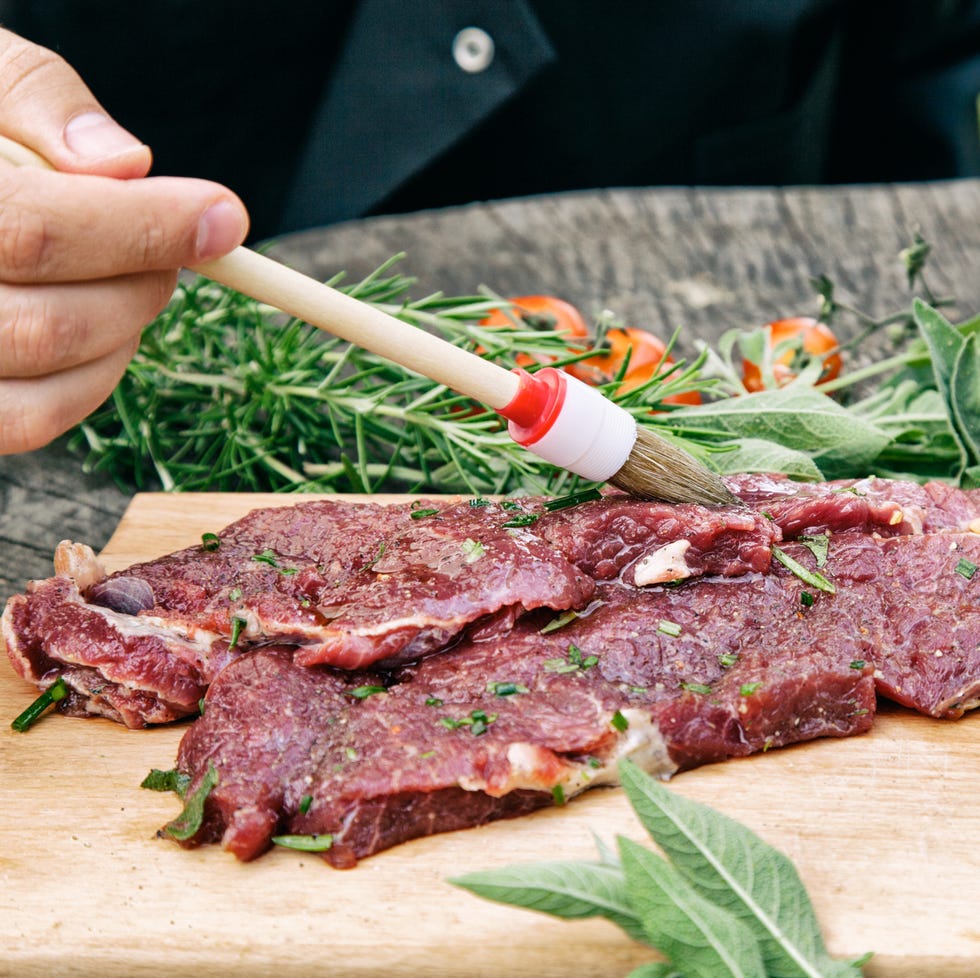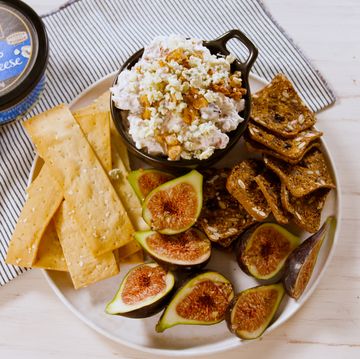Backyard barbecues are sacred. Is it even summer without one? They're the unfussy sort of gatherings that rely on delicious meat, or in some cases meat subs, easy side salads, fresh cut fruit, and good weather, of course. (Sorry, can't control the latter). But if you choose to go the traditional meat route, we can help by sharing foolproof tips that will pack your meats with flavor. (Spoiler: It's all about the marinating.)
“A marinade is made from a liquid and spices of acidic value that adds a flavorful punch to meats that you are grilling,” says Frank Balsamo, an award-winning pitmaster residing in Enfield, Connecticut. “Marinating helps tenderize the meat you are grilling and gives you different layers of flavor. Depending on the spices you add it’s that extra punch of flavor awesomeness you need sometimes.”
Here’s how to use marinades to become the ultimate grill master.
Master the marinade basics
Understanding the fundamentals of any good marinade starts by learning three basic elements. Your marinade should include an acid (think vinegar or citrus) to help infuse flavor and tenderize the meat; a fat (such as olive oil) to keep meat moist and bind ingredients together; and seasoning to add said flavor—whether it’s something simple that will highlight the flavor of the meat like McCormick’s new Grill Mates Garlic & Crushed Herbs Seasoning or, if you want kick it up a notch, a spicier Grill Mates Louisiana Cajun Seasoning.
“Regardless of which flavor profile you choose, remember that the taste is in the quality of your ingredients,” says Nicole Schumacher chief marketing officer of PRE Brands, which sells packaged grass-fed beef products. “Find out where your beef comes from and how it is produced. Is it raised 100% grass-fed and grass finished? Are the animals on pasture year-round? Make sure your ingredients, spices, and rubs are the same high quality as your beef.”
But feel free to experiment
After you've got the basics down, let your taste buds guide you. Try adding yogurt or buttermilk as the fat for really tender meat. Cook wine, let it cool and then add it to your marinade for a classic coq au vin flavor. Amp up the seasoning by adding Grill Mates Spicy Montreal Steak Seasoning, try a sriracha marinade, or, for a more concentrated flavor, reduce your marinade on the stovetop and let it cool before applying it to your meat.
Keep in mind that sugary marinades can become bitter if boiled too long and acidic marinades will become more tart as they cook down.
Pair your marinade to your meat
Pairing isn’t just for wine. The right marinade will make your meat shine. “When marinating fattier cuts, like a ribeye or a New York strip, opt for simple marinades that will aid juicy fat from the steak, like a Grill Mates Honey Sriracha Marinade or a simple ginger flavor,” says Schumacher.
For lean cuts of meat, “Your marinade or rub will compensate for the lack of fat and give you a nice even flavor to work with,” she adds. “We recommend adding more complex flavors, like sesame-pear (sesame oil, sunflower, pear slices, onion, and garlic) to a lean cut of meat, like a top sirloin or petite sirloin.”
Other meats like pork shoulder or chicken thighs would work well with complex flavors or even dry rubs like this Grill Mates Sweet & Smoky Rub.
Find the flavor balance
Before applying your marinade to your meat make sure the flavors are where they need to be. “I always tell my students to taste your food, and this goes with items like marinades as well. But remember that it’s not meant to be eaten alone—the marinade should be slightly over seasoned,” says Frank Proto, Director of Culinary Operations at the Institute of Culinary Education.
If, however, the acid of the marinade is overpowering when you taste it, Proto suggests adding something sweet or salty—a pinch at a time, tasting in between, to find the perfect ratio. If the marinade is too salty, add something sweet, like honey, maple syrup, or brown or white sugar. “To increase acidity, try lemon juice, lime juice or vinegar; and for salty flavors, play around with ingredients like salt, soy sauce, or fish sauce,” said Proto.
Contain(er) your meat
After your marinade is ready, you’re going to need a suitable nesting place for your uncooked meat while it absorbs all that delicious flavor—and not just any vessel. Avoid short containers or flat trays that prohibit the liquid from really coating the meat and materials (like metal) that can alter the taste of more acidic marinades. Instead, use a reusable food silicone bag or a ceramic or glass container that is shallow enough for the marinade to cover the meat entirely and (bonus) is eco-friendly.
Remember to marinate your meat in the fridge to avoid the risk of food-borne illness.
And let it rest, but not too long
You want to find the Goldilocks of meat marinating time. “If you leave the meat in the marinade for too long or have very strong flavors in the marinade (like vinegar), the marinade might overpower the flavor of the meat,” says Proto.
For a pork chop, chicken cutlet or other white meat, you should marinate in the fridge for 30 minutes to 2 hours. For a steak, the marinating time depends on the cut—tougher cuts, such as hanger or skirt, can marinate for about 3 to 4 hours, while more tender cuts, like sirloin, should marinate for no longer than 30 minutes.
“Time varies by people’s tastes but really shouldn’t be more than 24 hours as the marinade will take over the actual flavor of the meat and be too strong in my opinion,” says Balsamo. “Personally, I don’t marinate anything under 30 minutes nor over 8 hours.”
Remember to flip the container over or stir the marinade at least once, about halfway through the resting phase, to really ensure the marinade completely soaks the meat.
Give your marinade the brush off
Don’t put your meat on the grill just yet. The final step before cooking is an important one that most people forget: clean up your meat for the grill.
“If there’s a lot of oil in the marinade when the marinade drips into the grill, the flames will flare up,” says Proto. Another reason to brush the marinade off prior to grilling is, if you have small pieces of onion and garlic in the marinade, they will burn before the meat cooks fully.”


